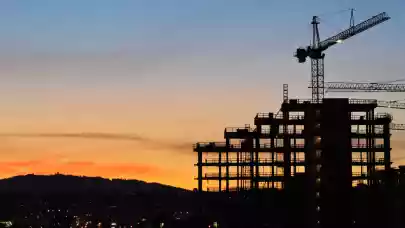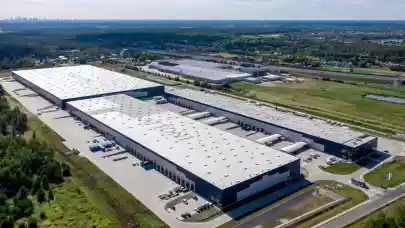
The Czech Republic has been risking losing its self-sufficiency in producing stone and sand, according to the Euroconstruct report. These essential materials are becoming scarce because closed deposits are not replaced with newly opened ones. Obtaining permits for new ones is extremely complicated and none have been created for long.
There are still plenty of sand and stone deposits in the Czech Republic. However, obtaining a permit and opening a new quarry or sandpit can take up to 15 years. Miners face resistance from local municipalities and residents during the process. The property relationships concerning the land are also complicated. Not least, the outcome of environmental impact assessments is uncertain.
While new or reopened quarries are a rarity, several dozen have been closed over the last 30 years. Currently, there are around 200 functional stone quarries in the country. Up to half of the deposits currently being mined will be exhausted within 10 years.
The government aims to address the shortage primarily through recycling and reusing materials. However, builders encounter limitations in using recycled materials due to technical regulations from investors. The situation is the worst for stone needed for railway construction. With the planned construction of high-speed rail lines, the situation is undoubtedly heading towards a shortage of aggregates.
In addition, material deliveries are contracted in advance, which makes it difficult to implement large projects in the future. For example, with the completion of the Dukovany nuclear power plant, there is a risk that material will have to be imported from Austria or other foreign countries.
Already, the prices of stone and sand in the country are skyrocketing. In neighbouring Germany, the price of sand is half as much, and in Poland, the difference is even greater. The shortage and import of materials lead to an increase in the costs of projects. If project costs rise excessively, their implementation will be further postponed. Even without this, large strategic projects suffer from a strained state budget and lack of political will, which hinders their implementation.



